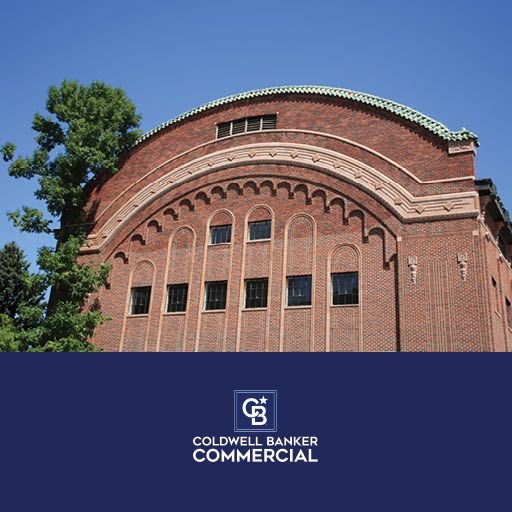5 Considerations for Cyber Security in Smart Buildings

As the world becomes more connected through the internet of things and everything becomes “smart” it helps to bring more convenience to everyday lives but it can also lead to more avenues for outside parties to obtain personal information or perform cyber-attacks. When looking at smart buildings it is important to not only consider the security of the people who will be utilizing the building but also the security of the data that will now be stored within the building to help make it smart.
Here are some things to consider when looking at security within a smart building.
1. Not all Systems Are as Secure as Others
Certain systems are smart but not built by IT companies that are used to implementing security measures in their daily tasks. For example, the HVAC system may not have the security that your IT system has. This allows for hackers to enter into your databases through the HVAC system which is similar to the theory behind the Target hack and how the hackers were able to access Target’s data.
2.Define IT Security Responsibilities
Building off the first item, not only are some systems not as secure but the teams using them may not be as well versed in security measures. For some building maintenance teams the use of these smart building systems may be new to them and therefore they may not have the IT experience to understand proper security measures or they may just be expecting the IT team to handle that aspect. A clear definition of responsibility on each system and security protocols can help combat any missteps in this area.
3. Plan for the Worse
In almost anything you do you should be planning for the worse as unexpected things can happen at any moment. The cyber security space is not different. With the threat of terrorist organizations, organized crimes and even espionage trying to hack into systems you can never be too careful. With a commercial building, you also want to be prepared to handle tenants that may be at a higher risk for breach.
Ensuring that there are measures in place that can protect these tenants will not only give you peace but also it may open your building to an additional tenant market that is looking for specific security measures to be in place.
4. Follow Best Practices
While cybersecurity is growing and still being shaped, some industry best practices are being developed as well. Following these can help to ensure that there are additional levels of protection. Some industry best practices like restricting BAS access to VPN connections only or as simple as maintaining password etiquette can go a long way. For more on best practices you can look at this white paper from Frost & Sullivan.
5. Education & Awareness
As with any growing field or industry staying informed is incredibly important. With cybersecurity around smart buildings still be defined and developed it is important to follow industry experts and companies who are working on taking action in this space. It is also important to ensure that those at the building are informed as well on latest practices.
A Trusted Guide in Commercial Real Estate
Coldwell Banker Commercial® provides Commercial Real Estate Services from Property Sales and Leases, to Property Management. Learn how our expansive network of Independently Owned and Operated Affiliates and Real Estate Professionals use their in-depth knowledge of the local market and industry trends to help businesses and investors navigate the complexities of the commercial real estate landscape.






